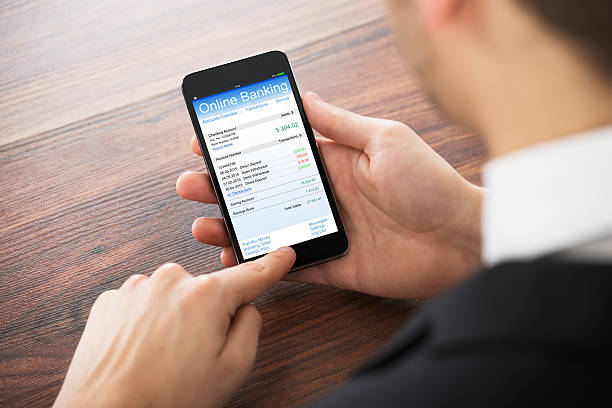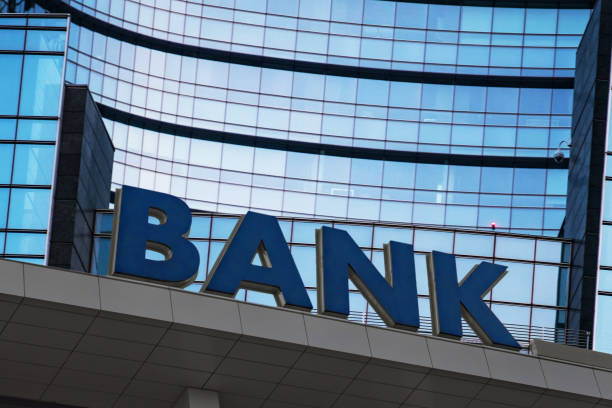Understanding Safe Sharing:
The safety of sharing your ABA routing number depends on the context and who you're sharing it with:
1. Sharing with Trusted Parties:
Employer: If you're providing your routing number to your employer for direct deposit purposes, it's generally safe. Employers require this information to deposit your paycheck directly into your bank account. However, ensure that you're sharing this information with your HR department or the appropriate authority within your organization.
Government Agencies: Sharing your routing number with government agencies for benefit payments is also typically safe. These agencies need the routing number to ensure your benefits are deposited correctly.
Authorized Financial Institutions: When you're conducting legitimate transactions, such as setting up automatic payments, wire transfers, or linking accounts, sharing your routing number with authorized financial institutions is safe. These institutions are bound by regulations to protect your information.
2. Be Cautious with Unknown Entities:
Scammers and Phishing: Avoid sharing your routing number with unknown or unsolicited parties, especially if you receive requests via email, phone calls, or text messages. Scammers can use this information to attempt unauthorized transactions or steal your identity.
Public Spaces: Refrain from discussing sensitive financial information, including your routing number, in public places or on public platforms. Always use secure and private channels for such communications.
Tips for Safe Sharing:
Verify Contacts: Before sharing your routing number, verify the identity of the requesting party. Double-check email addresses, phone numbers, and the legitimacy of the request.
Use Secure Channels: When sharing sensitive information like your routing number, use secure communication channels. Phone calls to known and verified numbers or secure online portals are recommended.
Avoid Sharing Over Email: Email communication is not entirely secure, and scammers often target email accounts. Avoid sharing sensitive information via email.
Regularly Monitor Transactions: Keep an eye on your bank statements and transactions to spot any unauthorized or suspicious activities.
Conclusion: Balance Convenience and Caution
In summary, sharing your ABA routing number with trusted entities for legitimate purposes is generally safe. Employers, government agencies, and authorized financial institutions require this information to facilitate legal transactions. However, exercise caution and due diligence when sharing sensitive financial information, especially with unknown parties or in public spaces. Striking a balance between convenience and caution will help you maintain control over your financial security.
frequently asked questions (FAQs) about Bank ABA routing numbers and their purposes:




